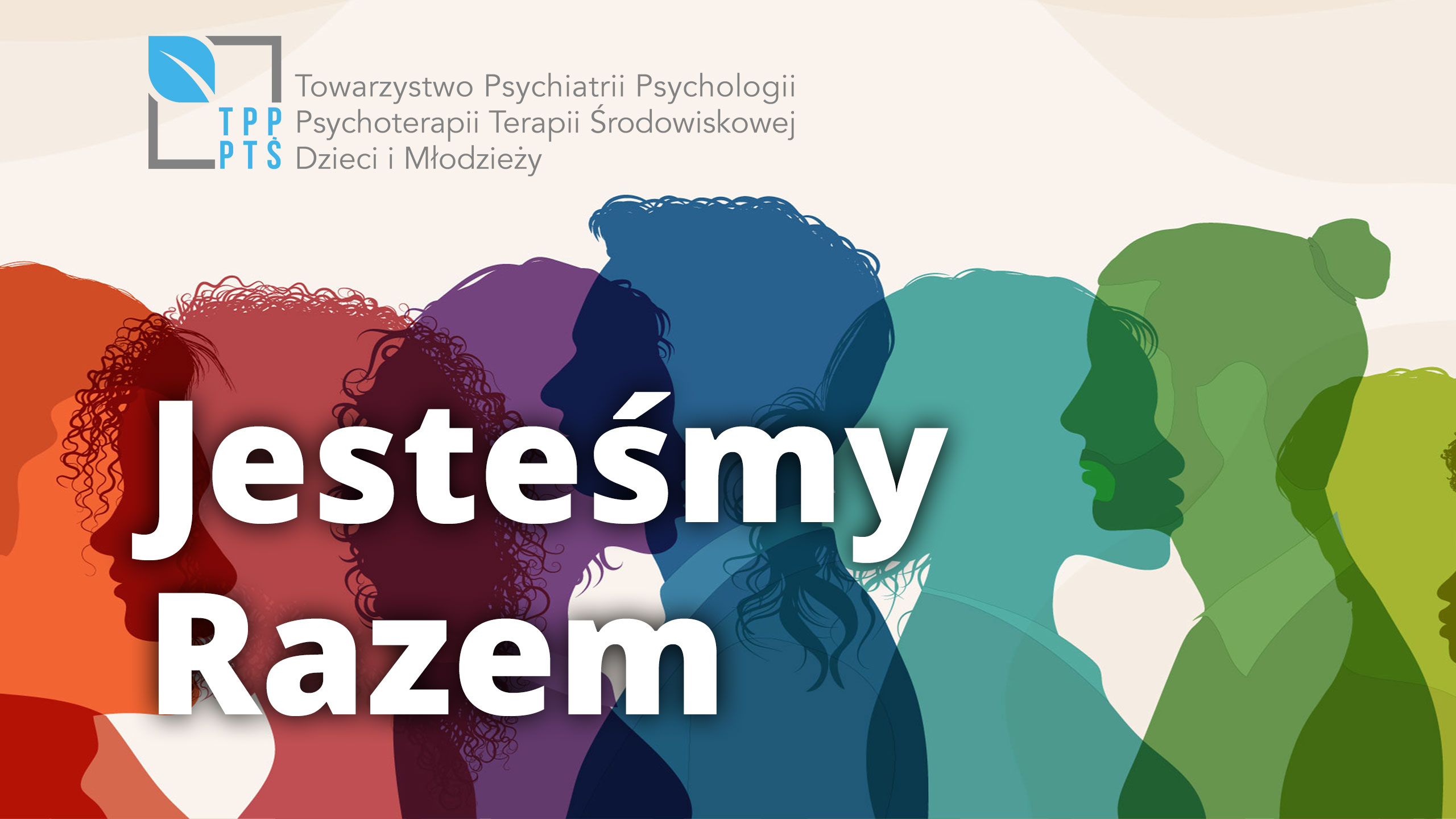Psychotic decompensation in the course of anorexia nervosa – a case study
 Affiliacja i adres do korespondencji
Affiliacja i adres do korespondencjiAnorexia nervosa is a disorder characterised by the significant reduction of body mass, usually with other coexisting psychiatric disorders. Psychotic symptoms may develop in its course and, furthermore, there are studies suggesting that sometimes anorexia may be a prodrome for psychosis. In this article, a case study is presented of the patient with diagnosed anorexia nervosa, in whom the initial treatment failed to restore the proper body mass, while a significant improvement was achieved only after antipsychotic treatment. In the initial phase of the treatment, the patient withdrew her consent to the treatment and demanded discharge from the ward. Her parents filed for commitment in the petition mode and the family court issued a compulsory treatment order. This allowed for further treatment to be initiated just one week after the patient’s withdrawal of consent for hospitalisation. This case provides the background for discussion about the treatment of patients with similar clinical picture in the psychiatric ward without their consent.















